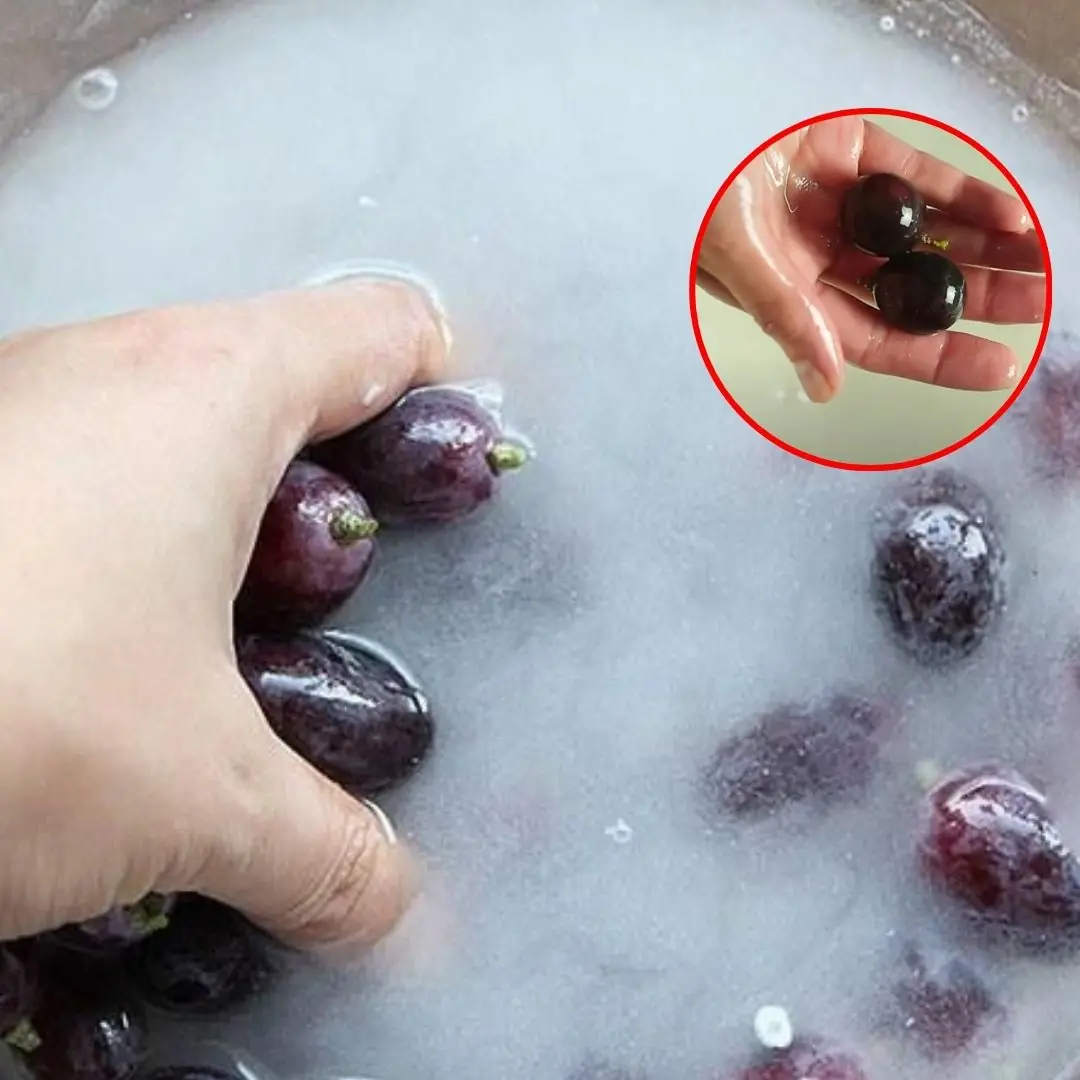
Should we cover the air conditioner condenser when it is sunny or rainy? Electricians warn against mistakes many people make
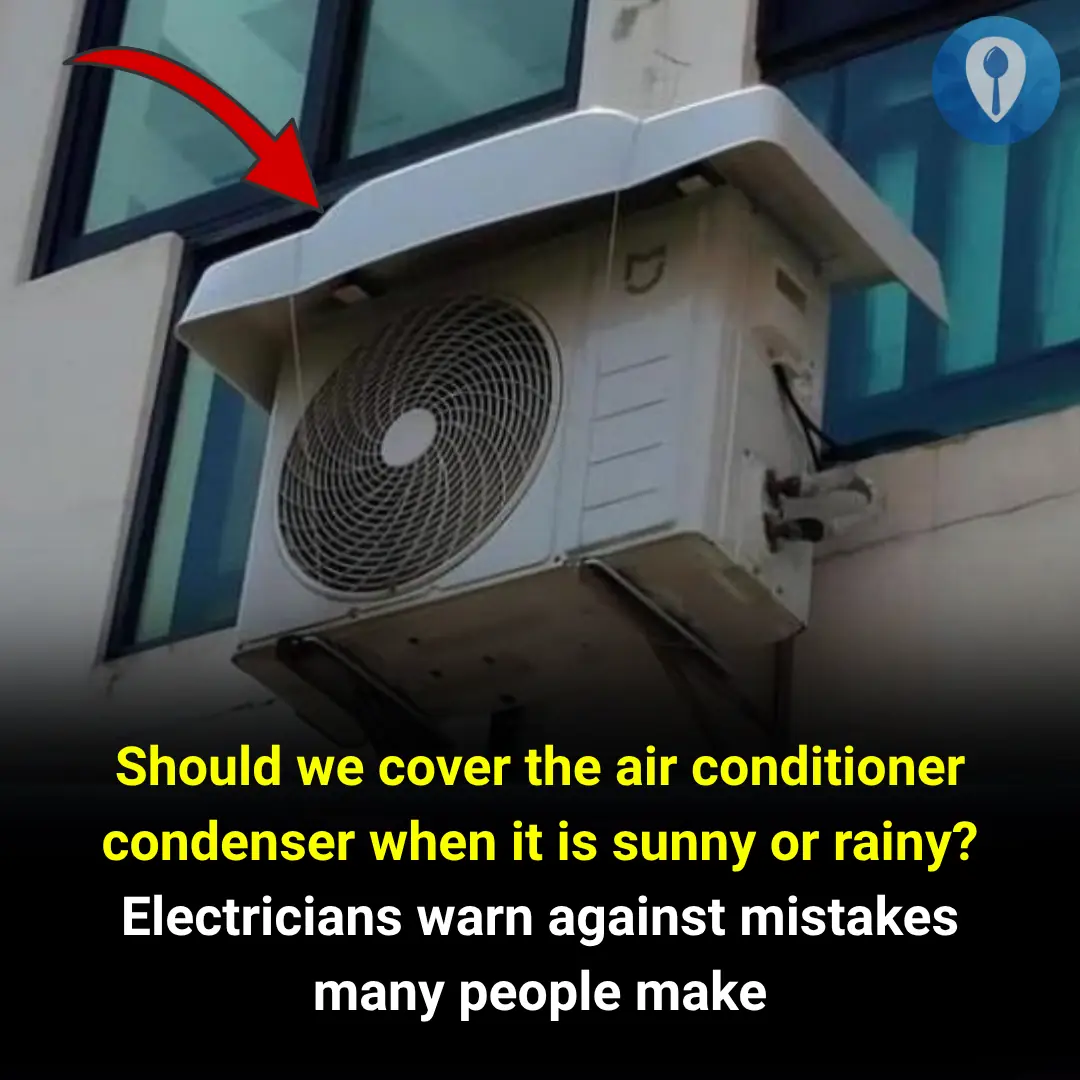
On scorching summer days, the air conditioner becomes almost an “indispensable savior” in every household. Even when the sun outside is blazing hot, stepping into an air-conditioned room can instantly wash away fatigue, thanks to the comfortable cool air. A standard air conditioner consists of two main parts: the indoor unit (evaporator) and the outdoor unit (condenser).
Seeing the condenser exposed to sun and rain year-round, many people feel uneasy and worry that this may reduce the appliance’s lifespan. As a result, some families take the initiative to cover the outdoor unit with metal sheets, tarpaulins, or other materials in hopes of better protecting the device. But does this action actually work as intended?
Electricians Warn: Covering the AC Condenser Can Cause Serious Damage
Many people believe that covering the air conditioner’s outdoor unit with a roof or tarp protects the machine and helps extend its life. However, according to experienced electricians, this is a common mistake that can actually lead to significant damage.
HVAC experts explain that condensers are specifically designed to operate outdoors. Improper covering not only fails to protect the unit but also obstructs heat dissipation, increasing power consumption and causing the system to degrade more quickly.
Why You Should Never Cover Your Air Conditioner’s Outdoor Unit
1. The Condenser Is Built to Withstand Weather Conditions
The outer casing of the condenser is typically made from galvanized or cold-rolled steel coated with anti-rust electrostatic paint. This design allows it to withstand heat, rain, and dust effectively without needing any additional covering.
2. Rainwater Acts as a Natural Cleaner
Many people don’t realize that rainwater helps wash away dust and lint stuck on the cooling fins. This provides a kind of free, natural cleaning process that keeps the unit working efficiently and increases its durability.
3. Roofs or Tarps Can Obstruct Heat Dissipation
Adding a cover over the condenser can trap heat and block airflow, reducing the unit’s cooling efficiency. This forces the air conditioner to work harder, use more electricity, and in severe cases, could lead to overheating or even short circuits.
Not to mention, poorly installed or deteriorated coverings can fall off and pose safety hazards to people or damage surrounding property.
Proper Maintenance Tips for Outdoor AC Units
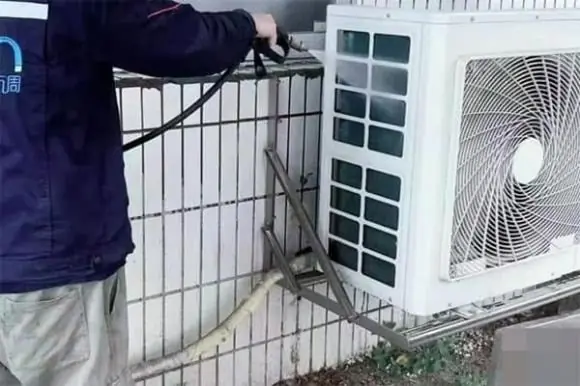
1. Don’t Cover It
Although it may seem protective, covering the condenser with a roof or tarp is actually counterproductive. These units are built to handle sun and rain, and even benefit from natural cleaning when it rains. Covering it only interferes with that process and increases the risk of damage.
2. Clean It Regularly to Maintain Efficiency
If you live in a dusty area or a place that receives little rain, clean the condenser once a month using clean water. This helps remove dust, hair, and lint stuck to the cooling fins, allowing the unit to run quietly and consume less electricity.
Important Note: Always disconnect the power before cleaning to ensure safety. Do not spray water directly onto the circuit board or electrical components inside.
3. Perform Annual Safety Checks
For outdoor units installed at height, regularly inspect the support frame and screws to ensure they are secure. If you notice signs of rust, warping, or looseness, contact a technician promptly to prevent accidents or potential damage.
News in the same category

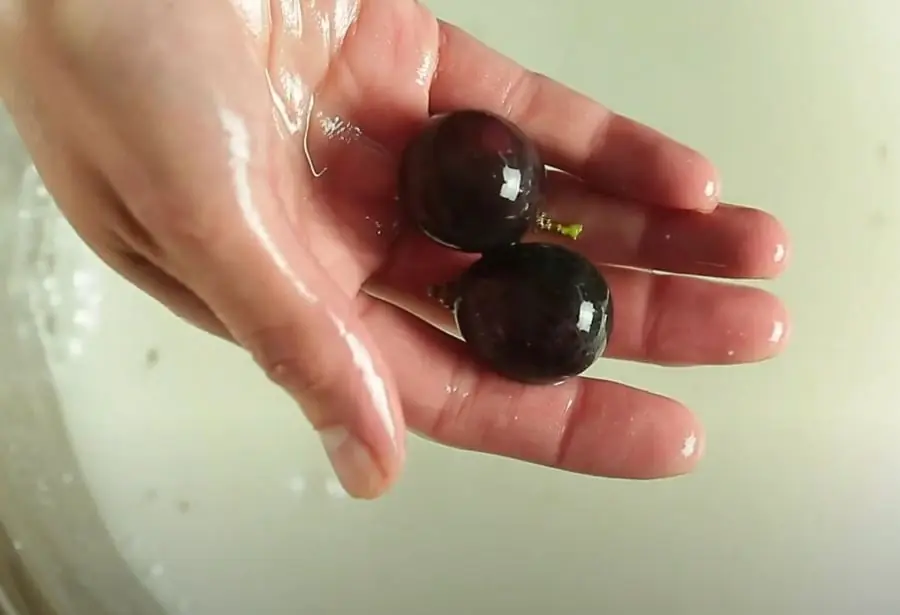
Don’t Eat Grapes Before You Know This Trick
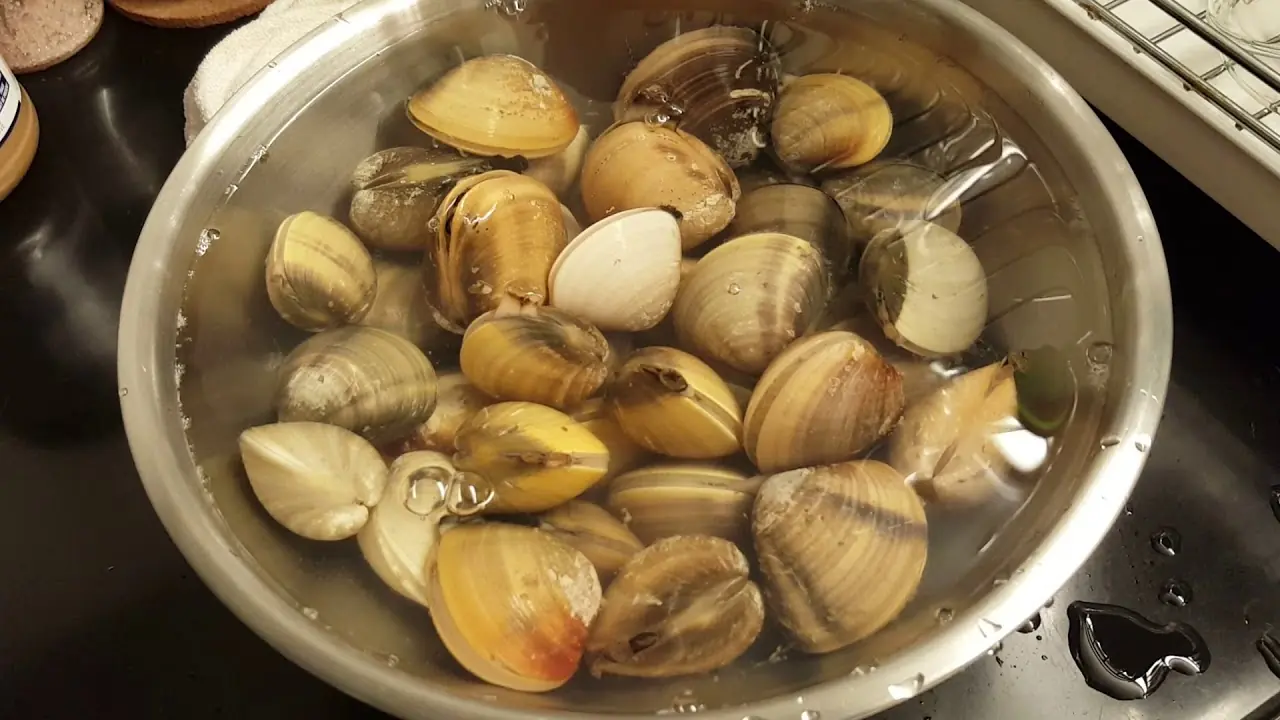
No Matter How You Wash Clams, There’s Still Grit Inside?

The Secret to Keeping Potatoes Fresh for 6 Months Thanks to a Surprising “Friend” in the Kitchen

Unusual moles might be more than just a skin quirk — they could be warning signs of cancer
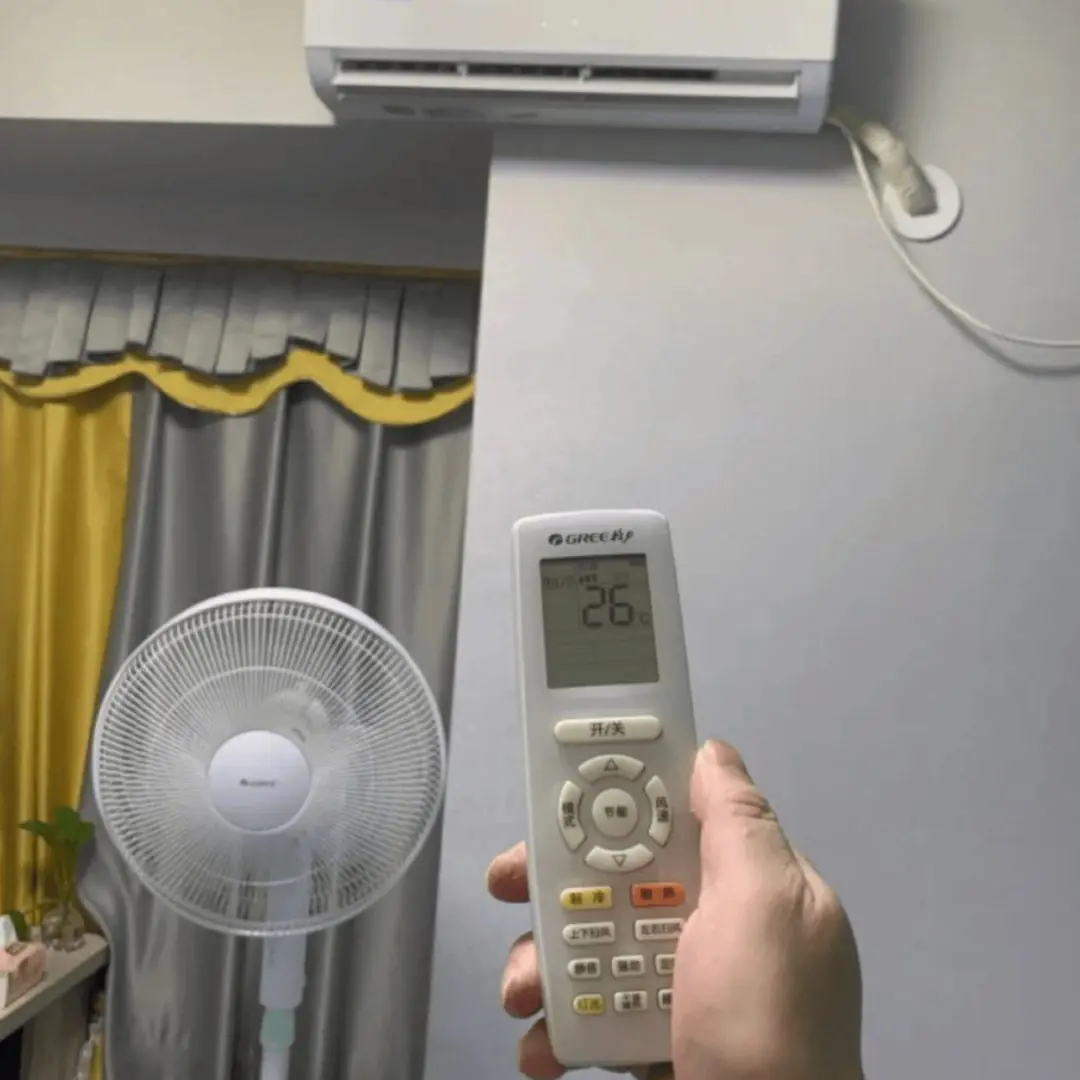
Using the Air Conditioner and Fan at the Same Time? I Expected Higher Costs, but the Truth Surprised Me
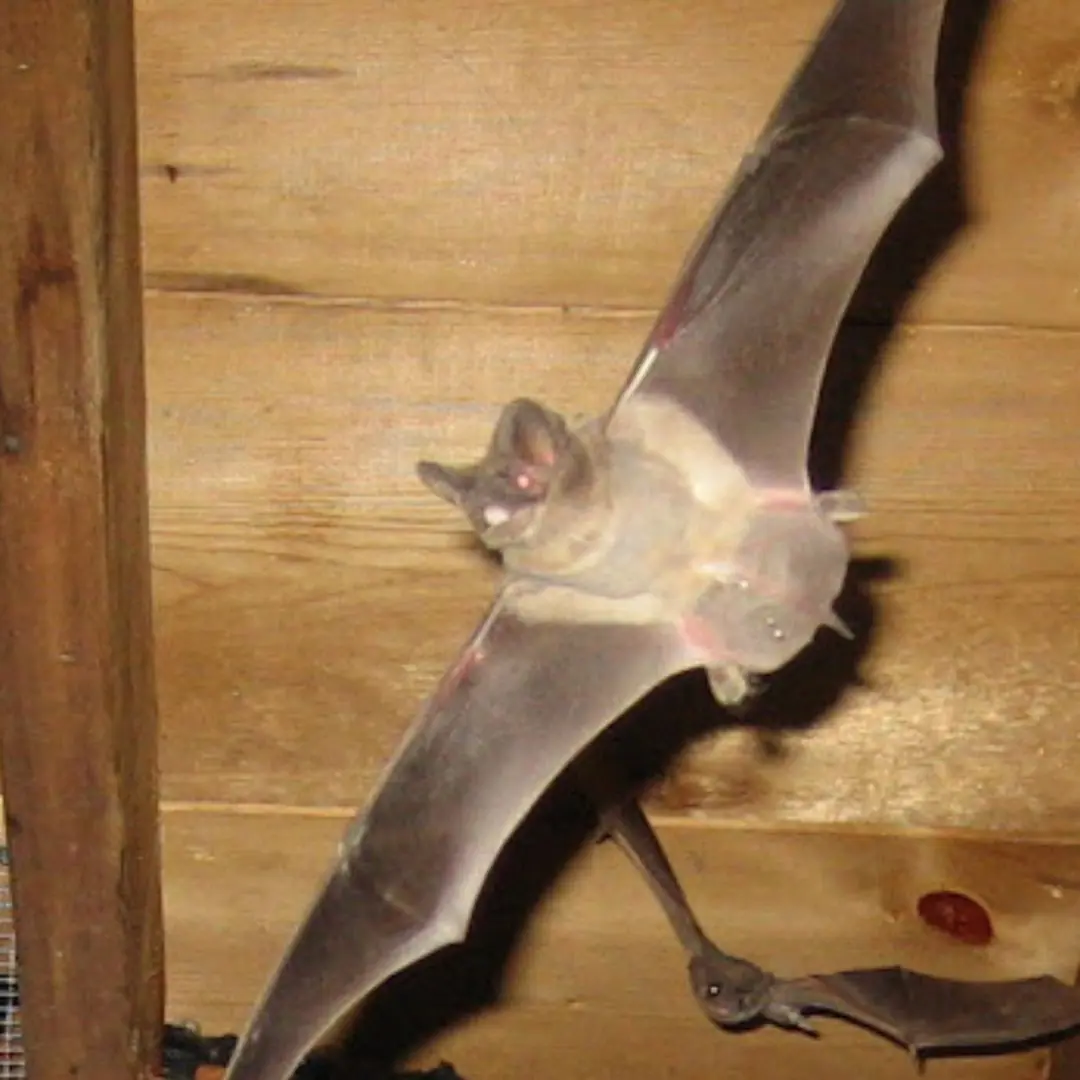
Don’t Panic! Follow These Steps If a Bat Gets Into Your House
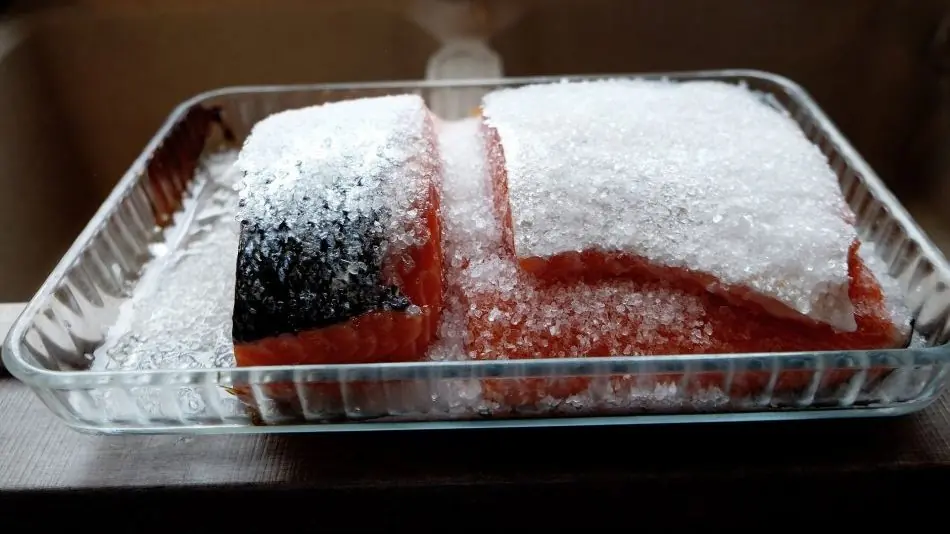
4 Dangerous Mistakes When Thawing Fish
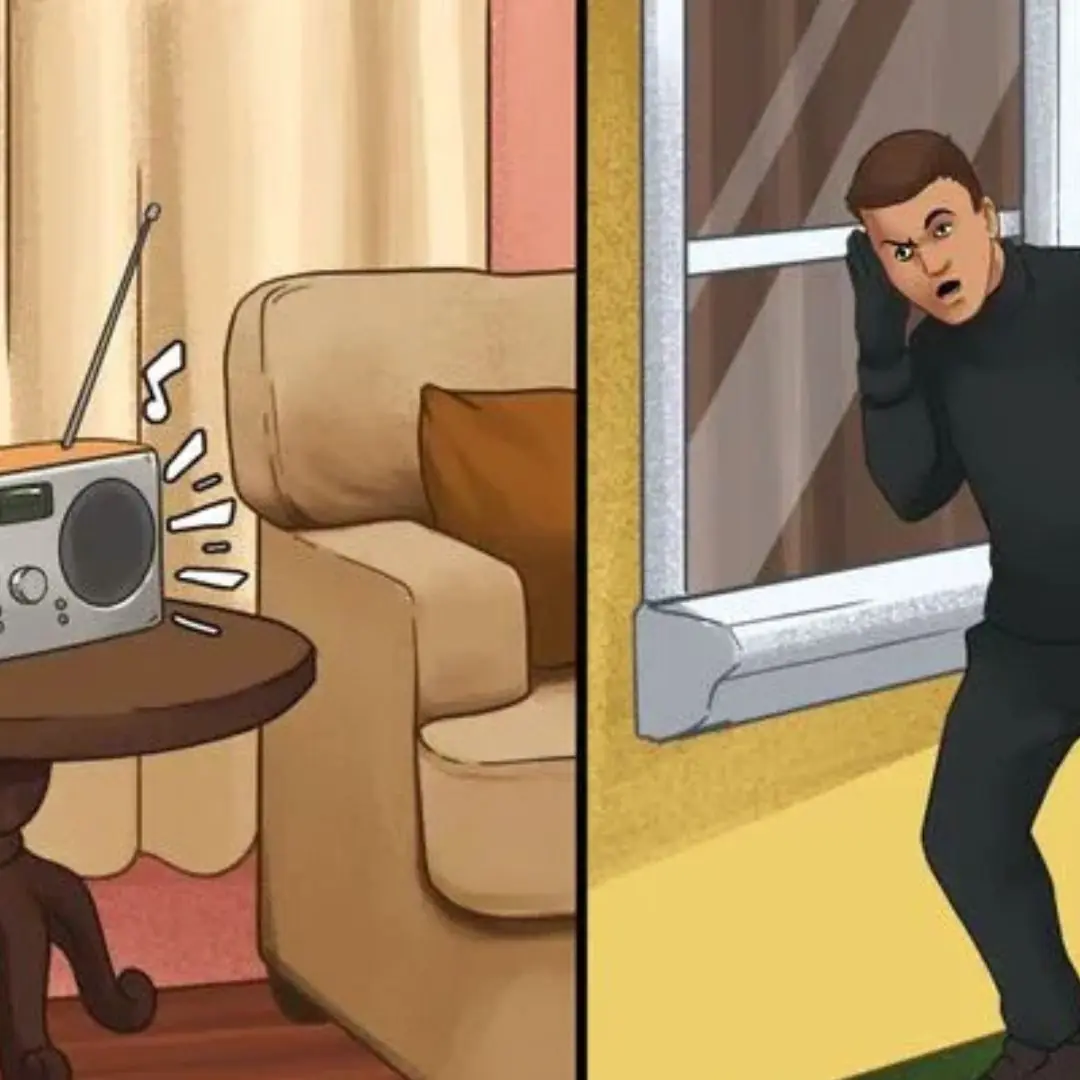
10 tips to keep thieves away from your home
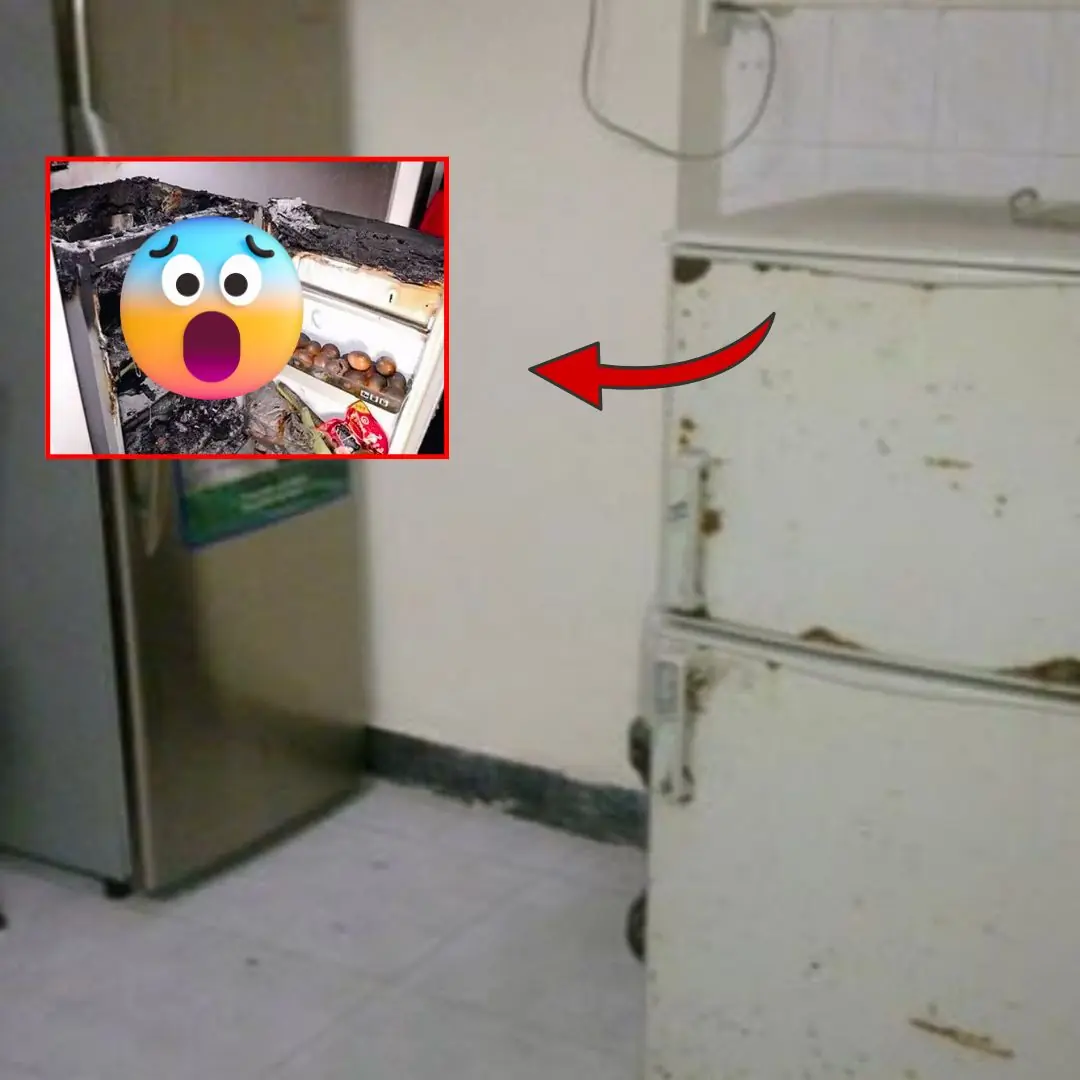
Mistake #5: Almost everyone makes it—but few actually notice

Tips to Skim Excess Fat from Greasy Soup
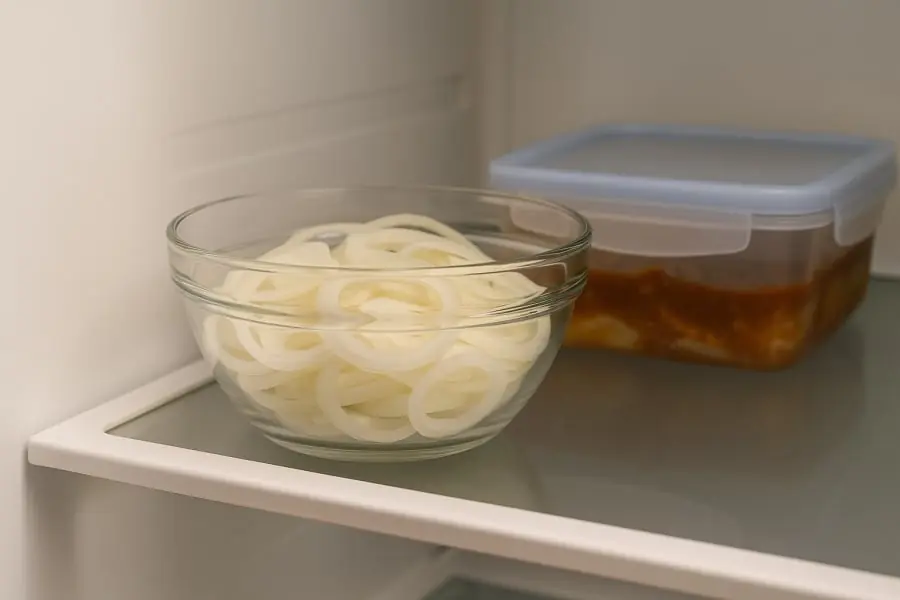
Onions Aren’t Just for Cooking: 5 Surprising Hacks
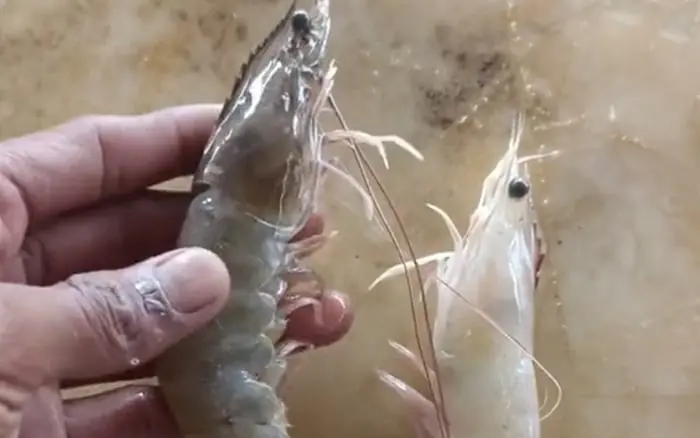
Want to Know If a Shrimp Is Farm-Raised or Wild-Caught?
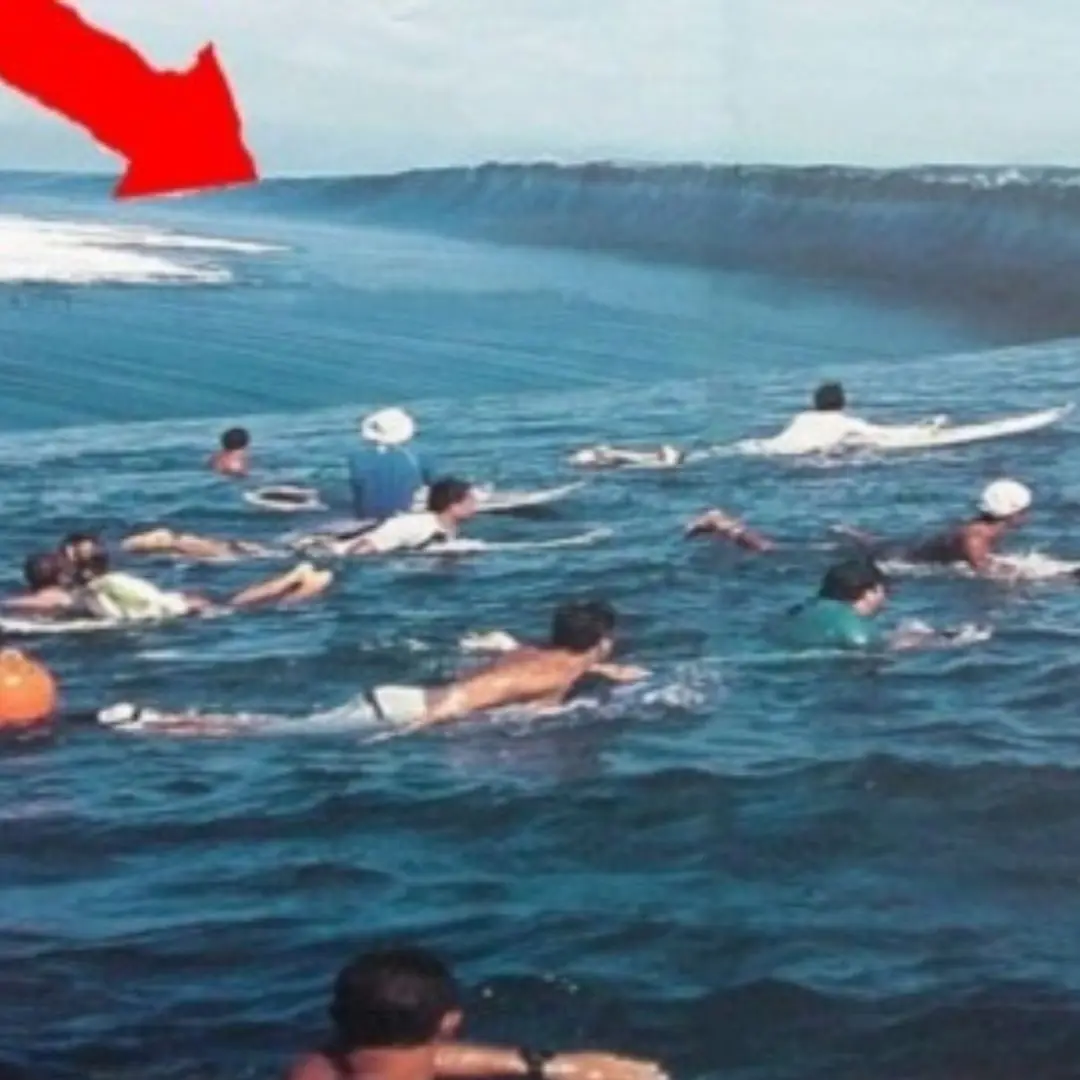
Tsunami and its warning signs, essential for those who often go to sea
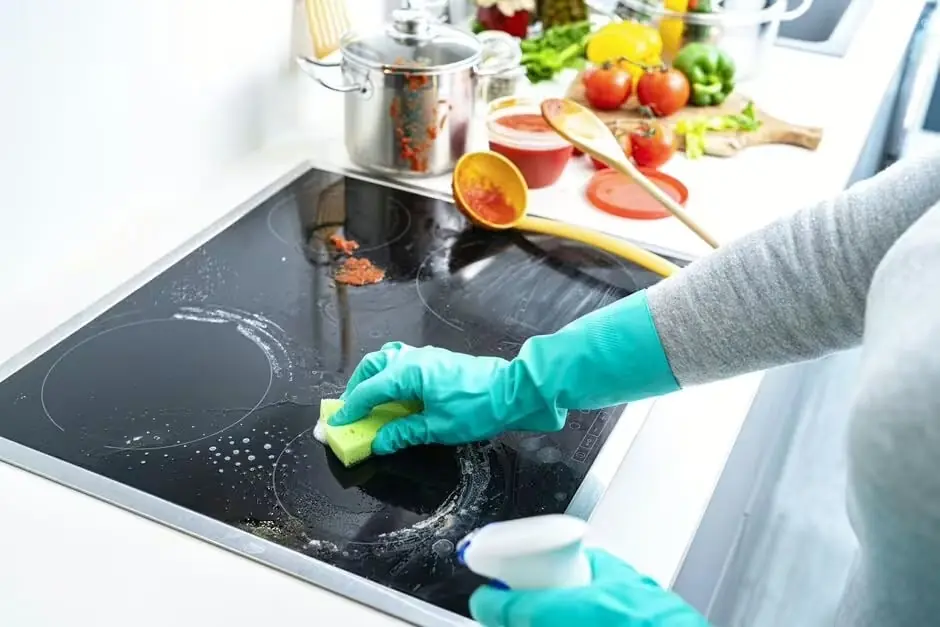
The secret to removing stubborn stains on glass stovetops without scratching the surface
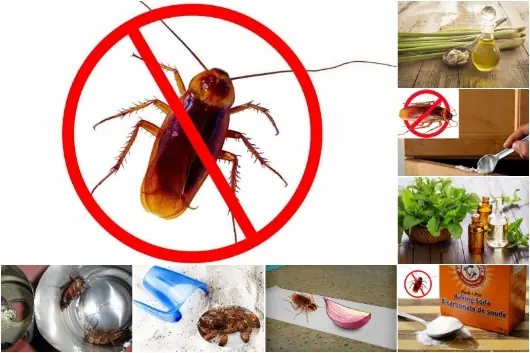
A Dirt-Cheap Kitchen Item Is the Ultimate Cockroach Kil.ler

7 Mistakes You Should NEVER Make During Hotel Checkout

10 Smart Things Every Traveler MUST Do When Checking Into a Hotel Room
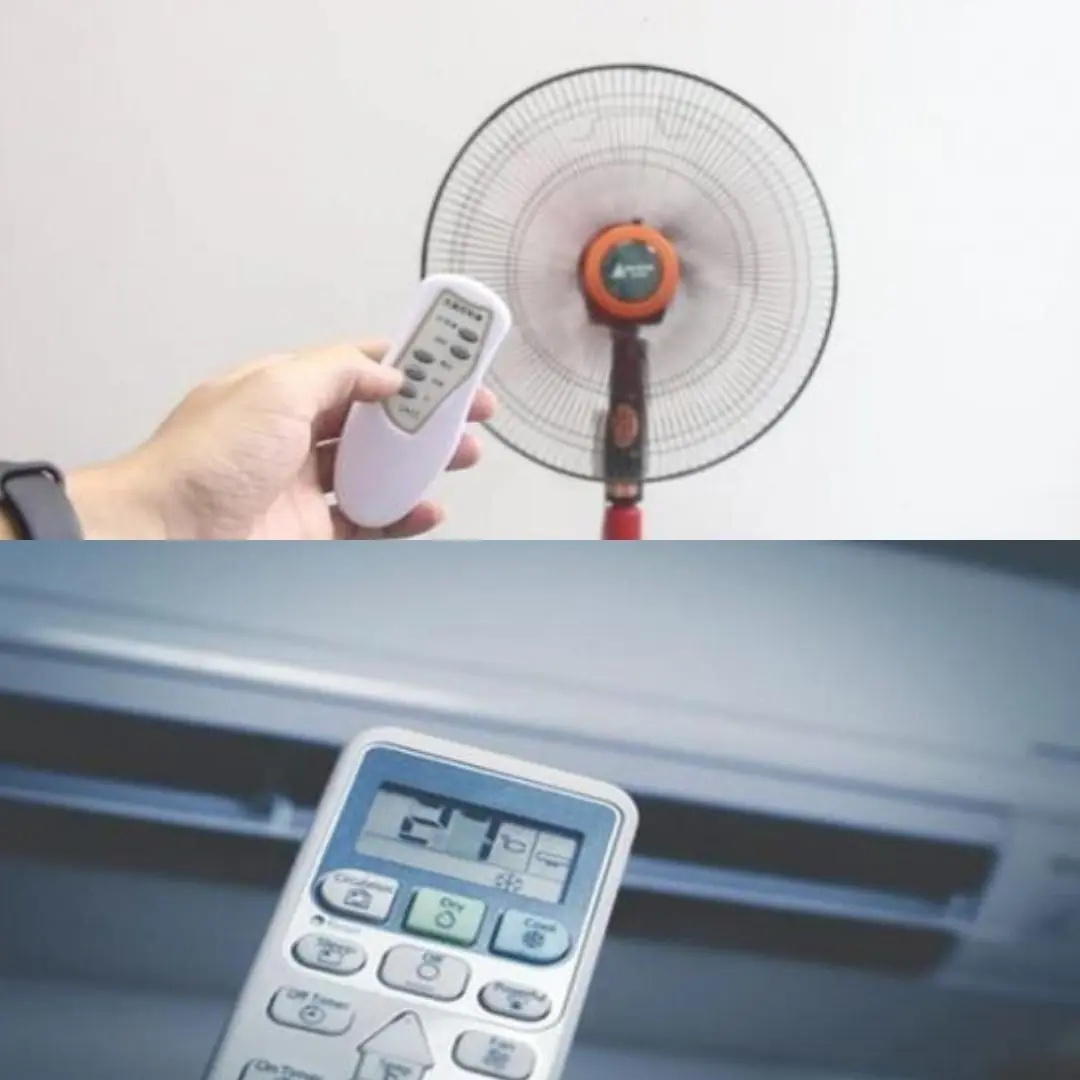
Does turning on an electric fan all day and night consume more electricity than turning on the air conditioner?
News Post
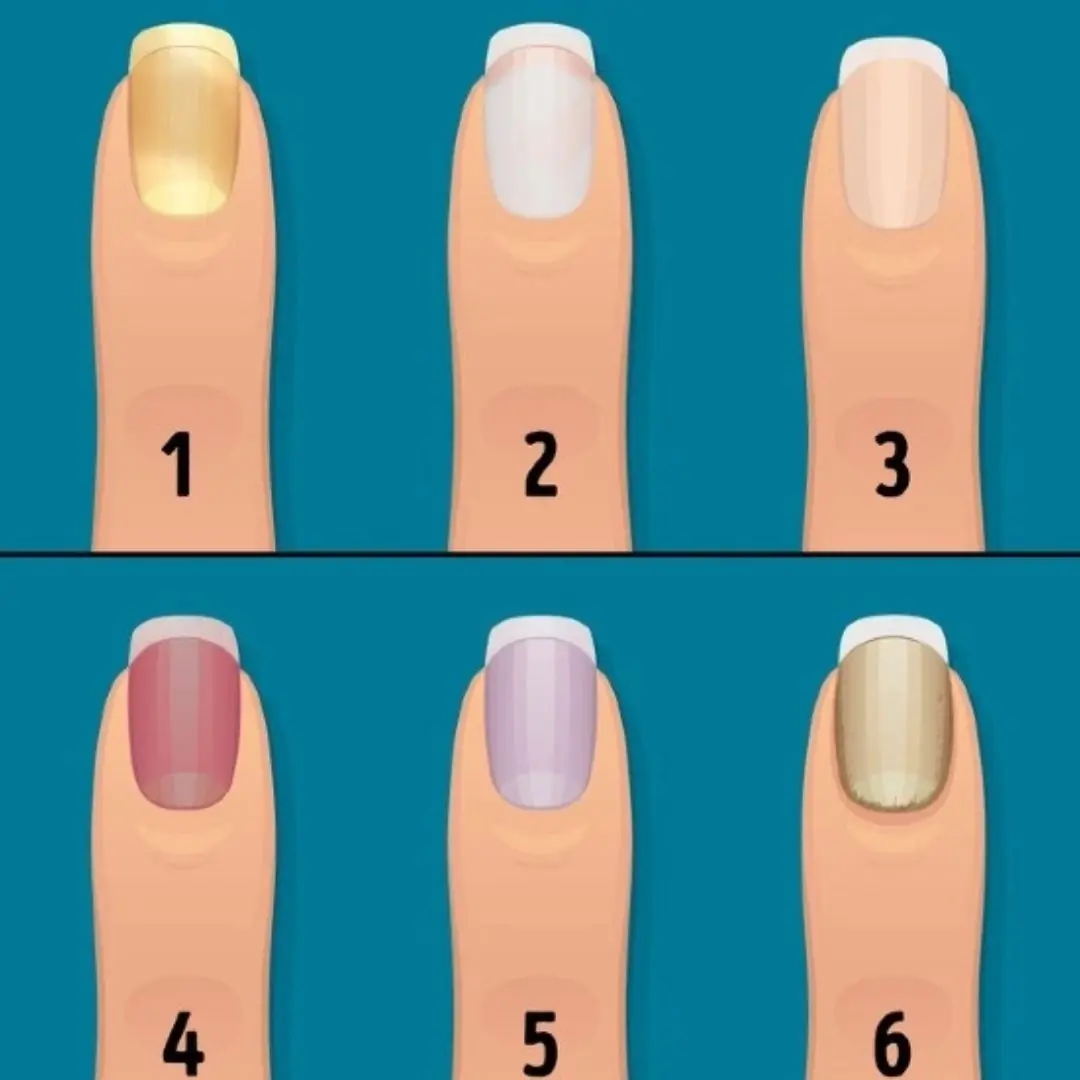
Don't miss: this nail color may be related to heart and lung disease

Tips for washing grapes to remove dirt and worm eggs, and to safely eat the skin

Drinking orange juice at these 3 times is both wasteful and harmful to your health

8 reasons why you should not stand while drinking water

5 dangerous habits that are destroying your liver: Quit now before it's too late
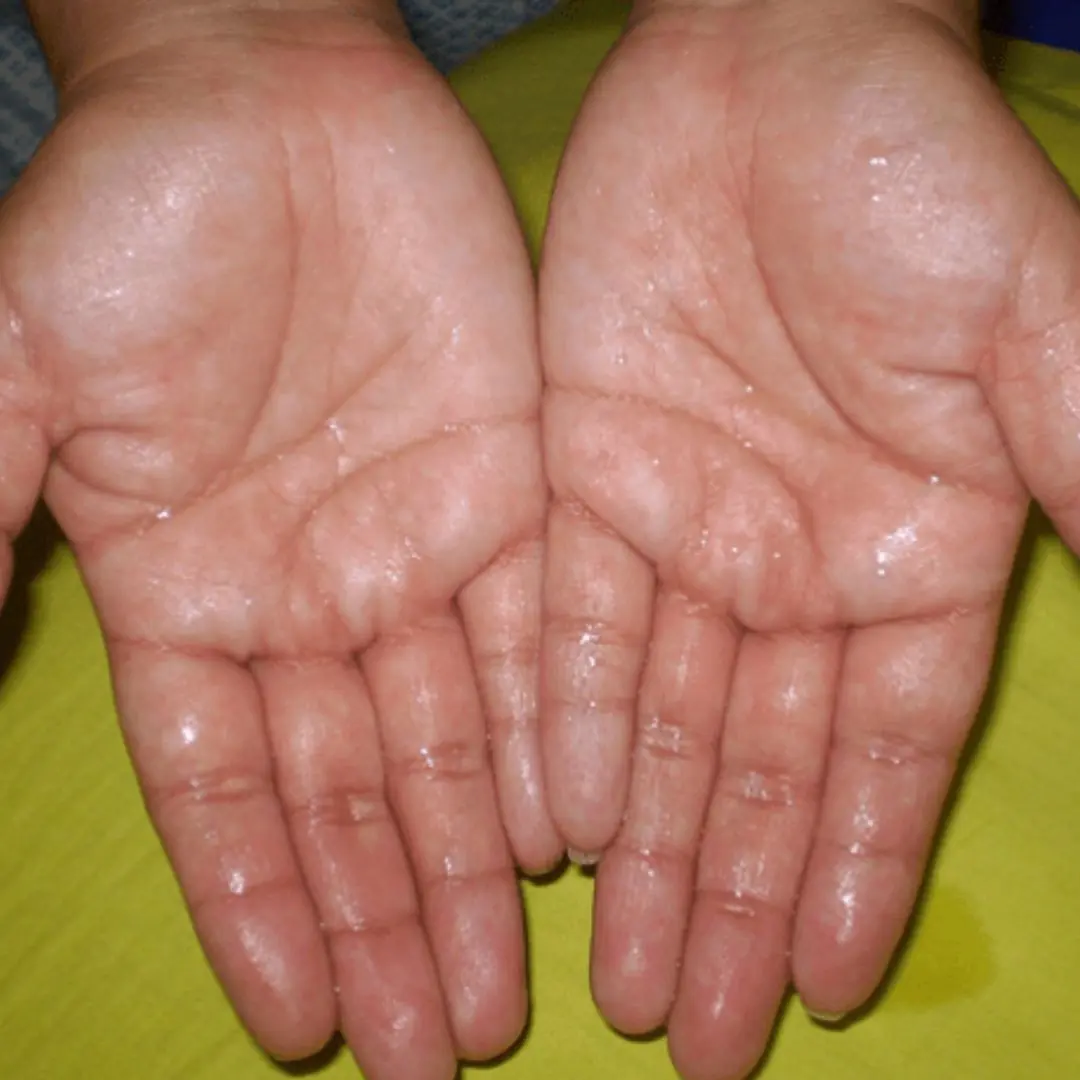
What’s Really Going On When Your Hands and Feet Won’t Stop Sweating?
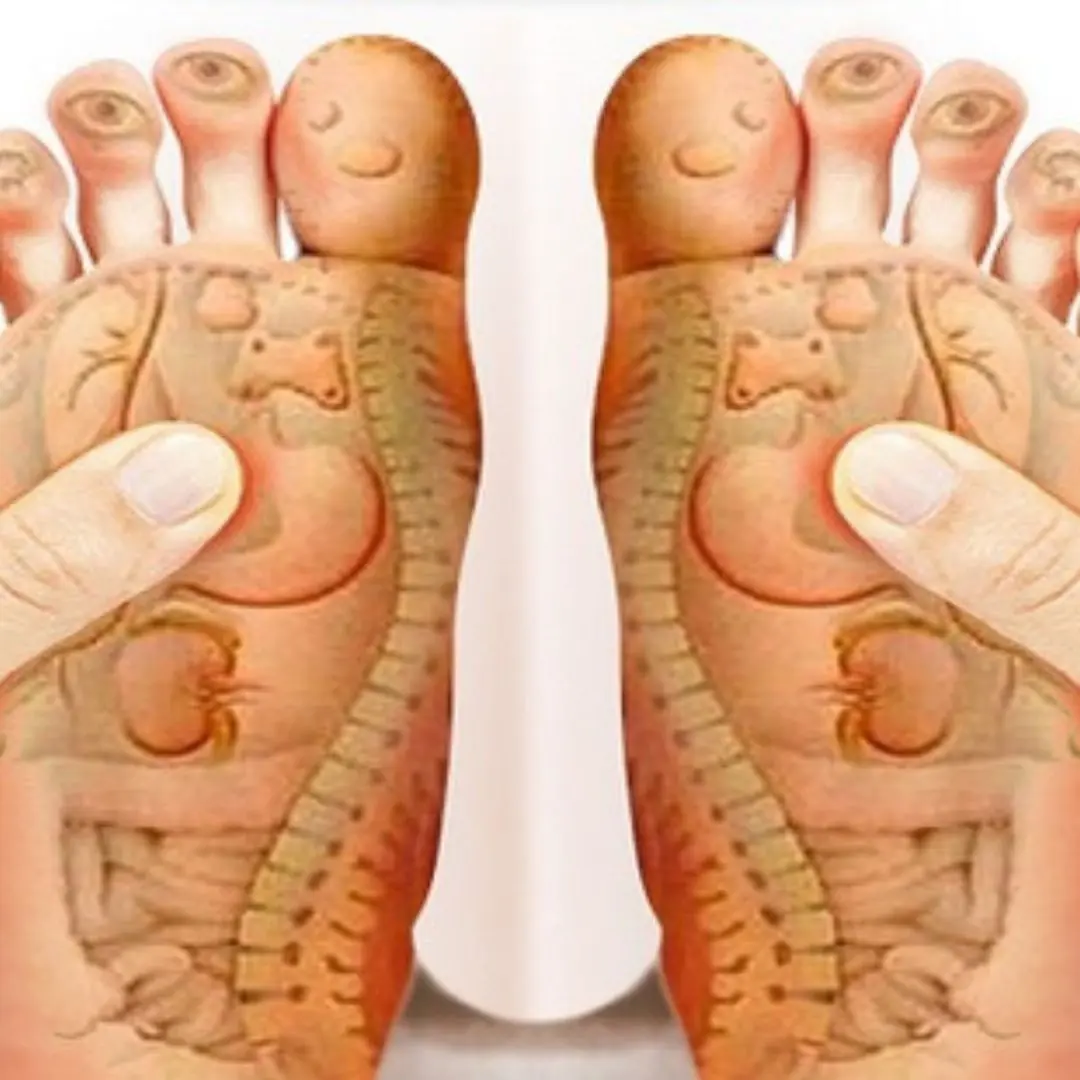
Cold Feet All the Time? 6 Reasons That Have Nothing to Do With the Weather
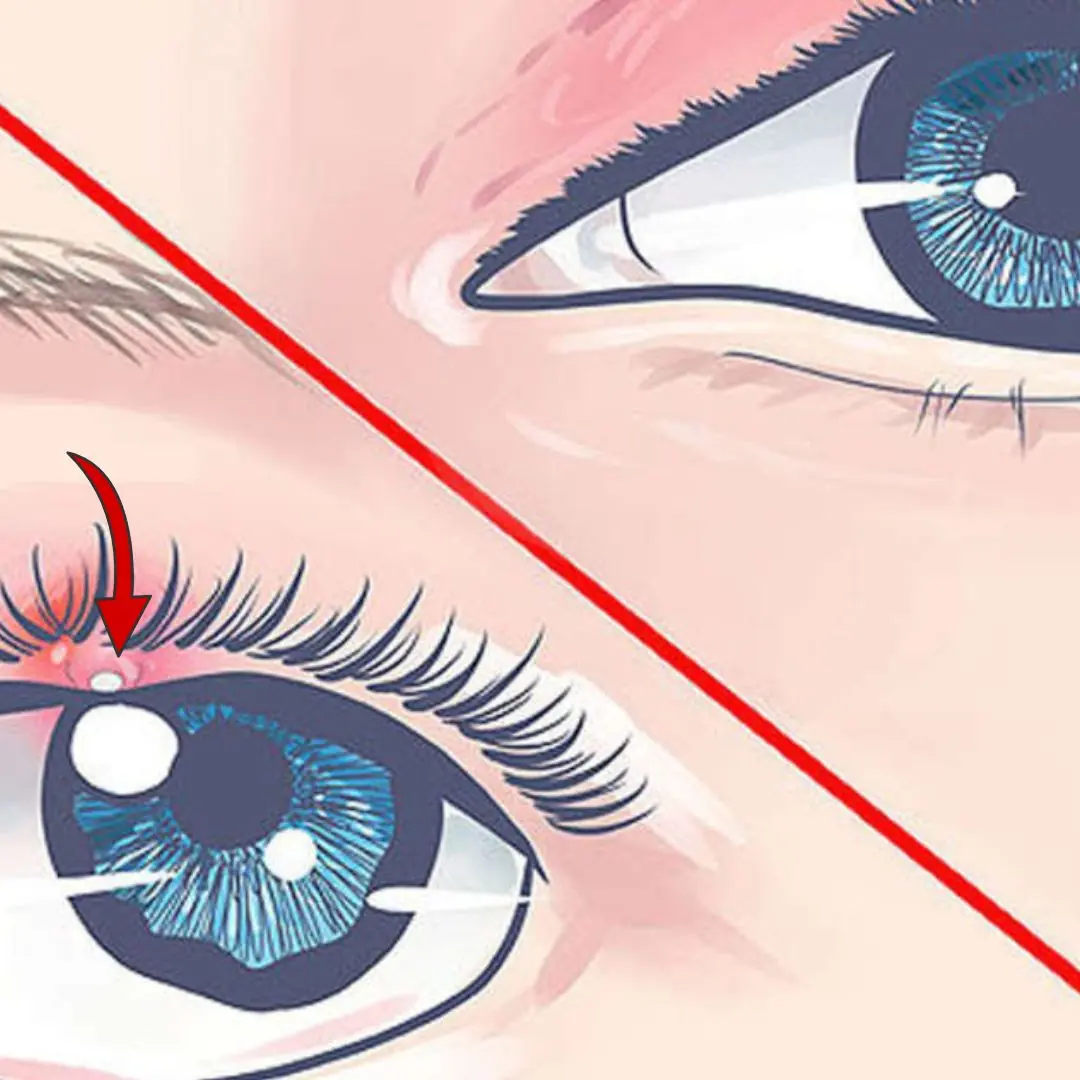
What Exactly Is a Stye — and How Can You Get Rid of It?
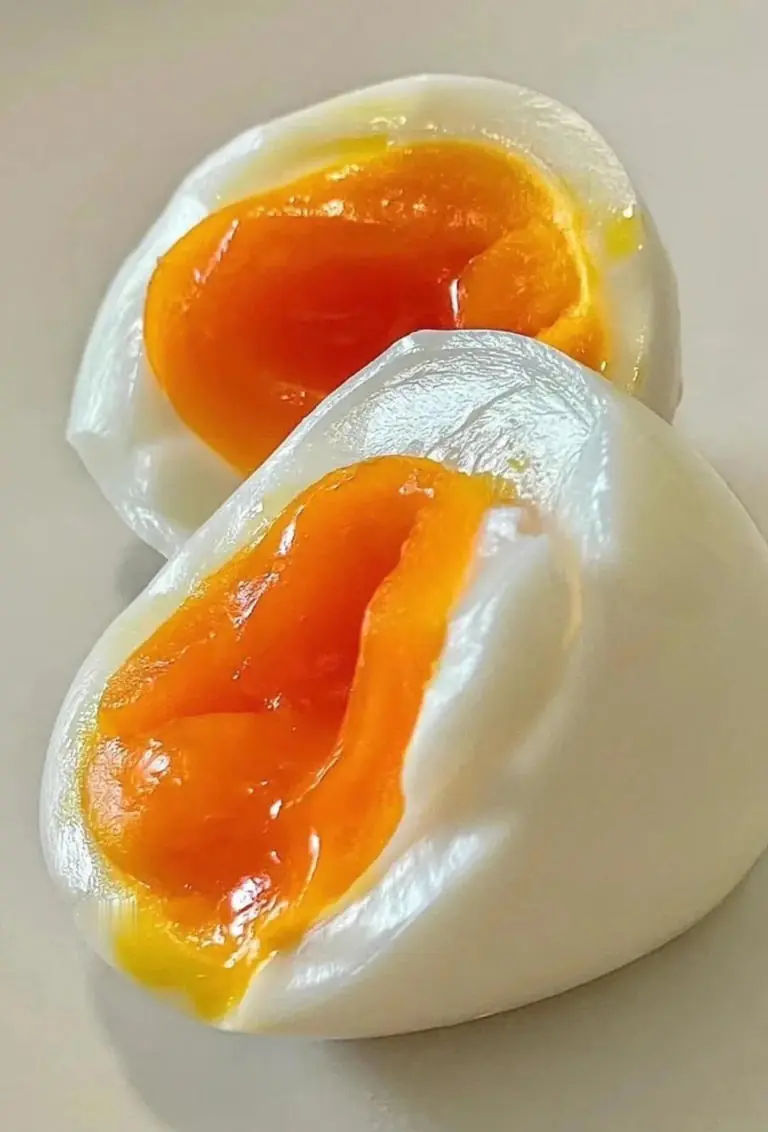
6 Types of Food You Should Never Keep Overnight

Can.cer Cells Love These 4 Foods

A 25-Year-Old Girl Developed L.ung Consolidation in Just 3 Days
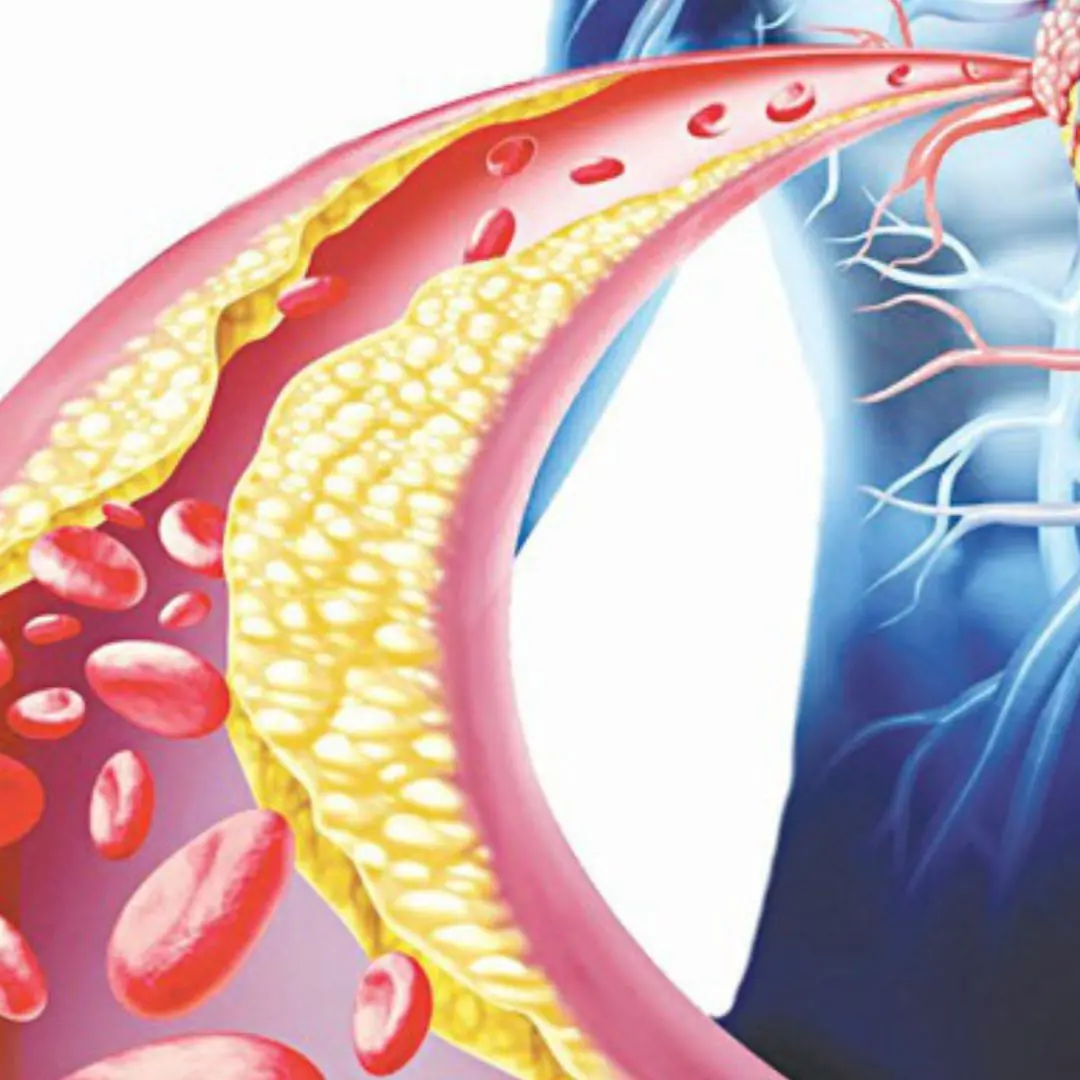
3 reasons why the elderly are susceptible to high bl.o.o.d fat and how to fix it
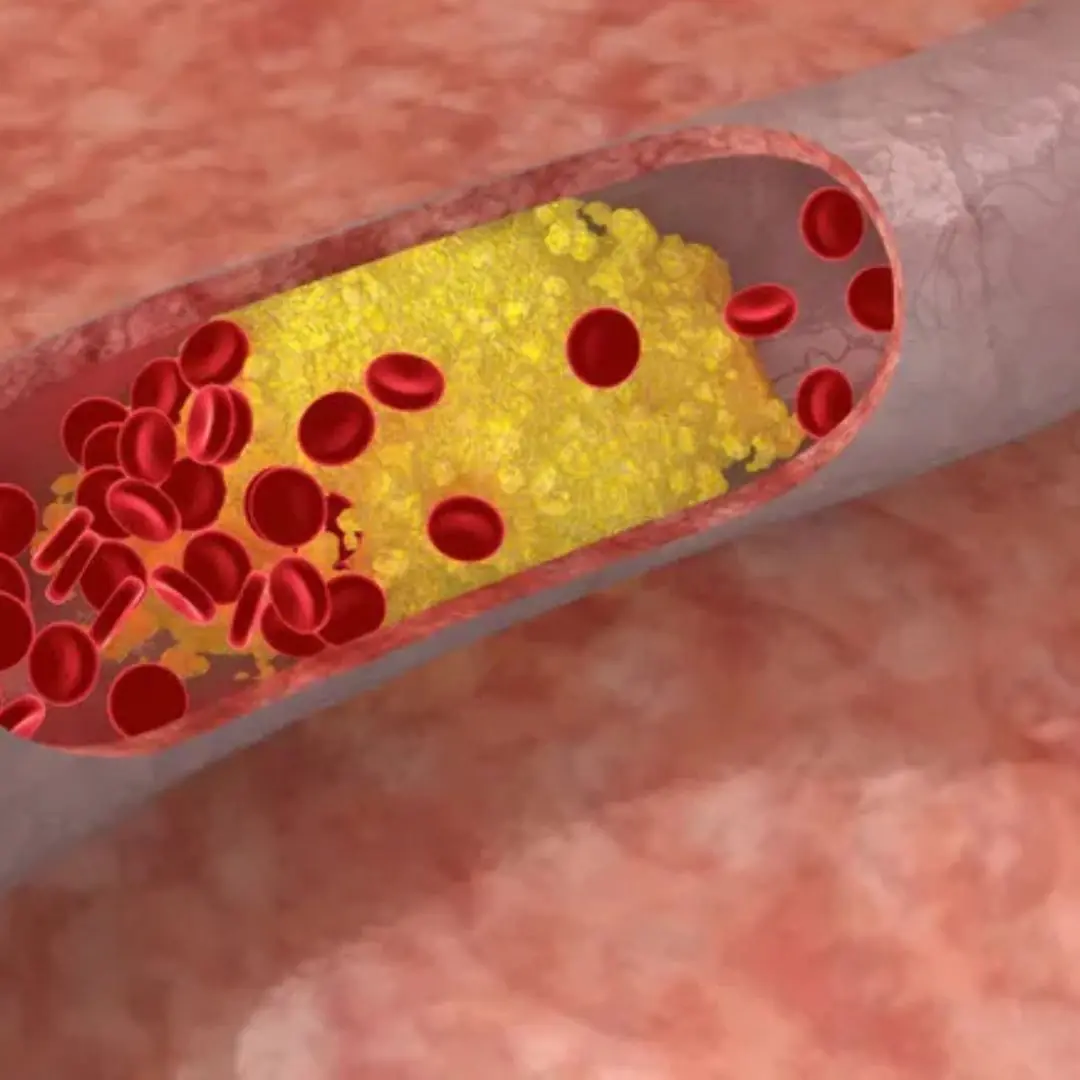
6 hidden dangers of fatty blood disease doctors warn about

5 Wild-Caught Fish That Cannot Be Farmed

Blo.od Fat and Li.ver Fat Can Skyrocket If You Overuse This Drink
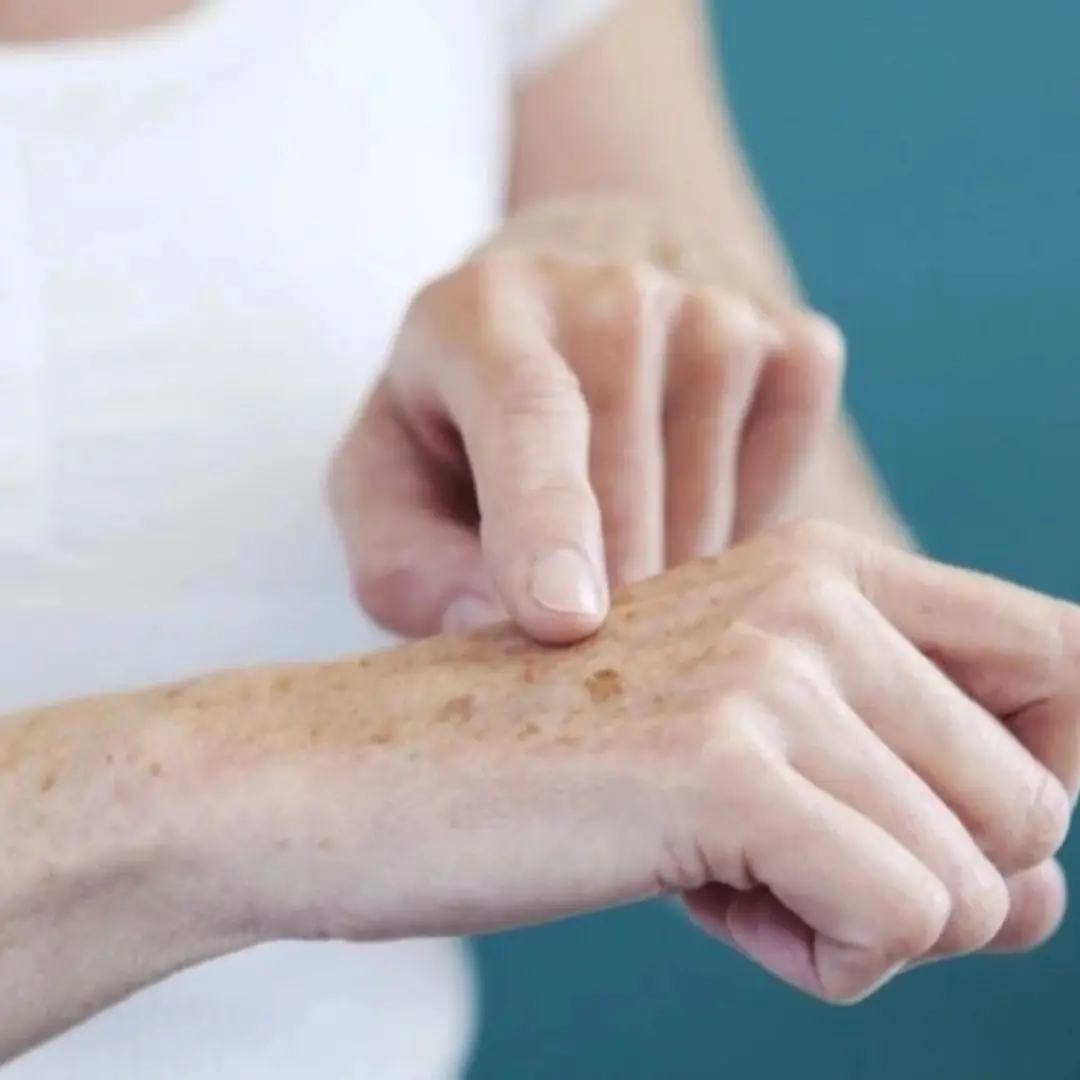
Your hands can warn you: 5 back-of-hand signs linked to health issues

Why you should avoid fruits after meals — and when to eat them instead

Don’t Eat Grapes Before You Know This Trick
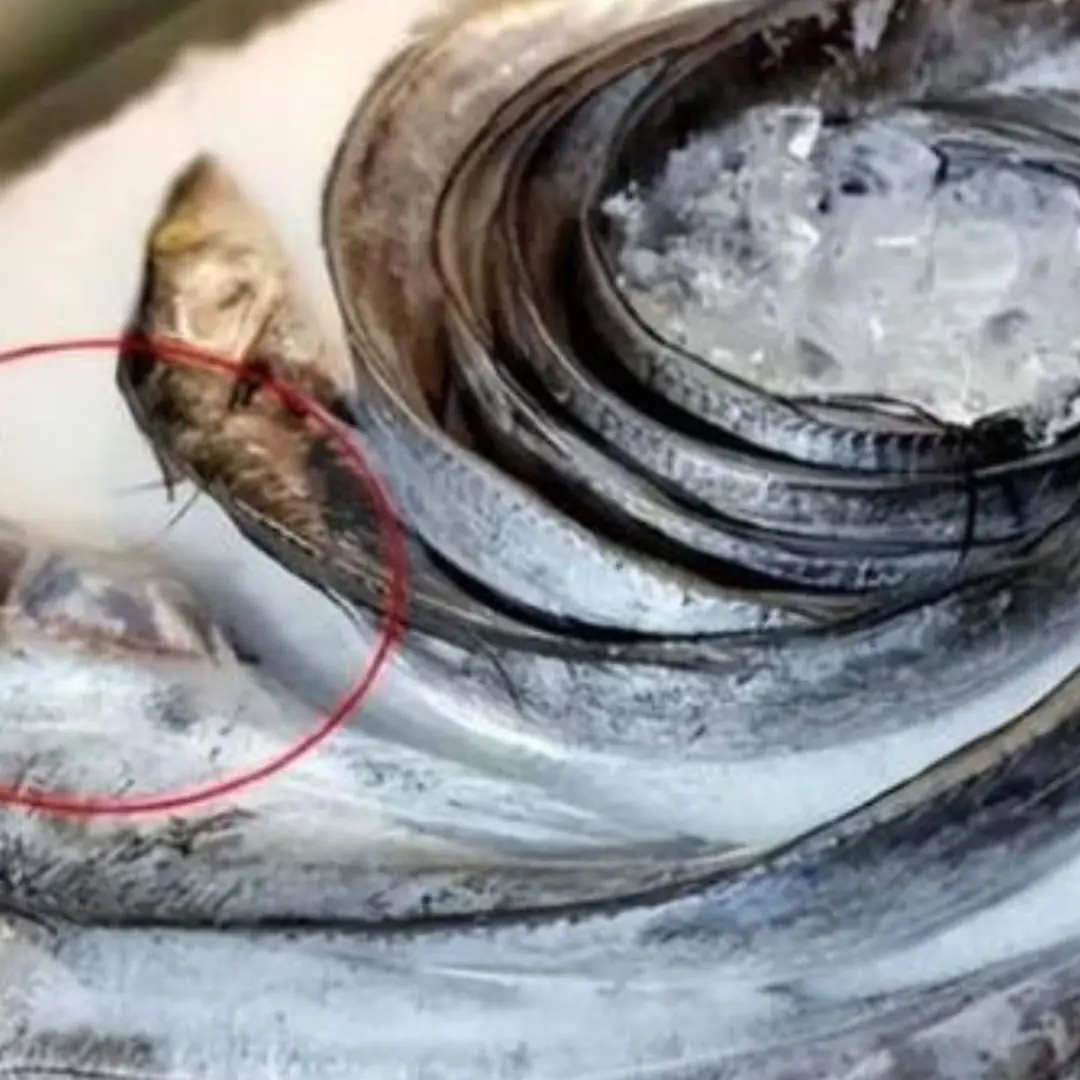
4 types of fish are listed as 'cancer causing'! Eating too much will cause cancer
